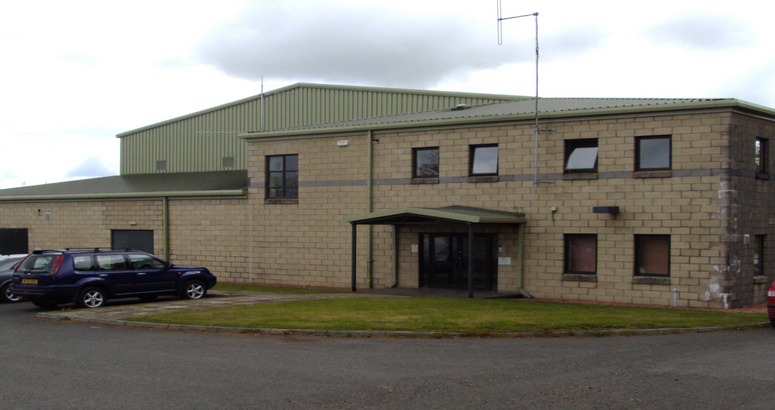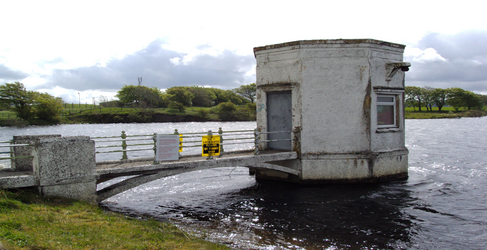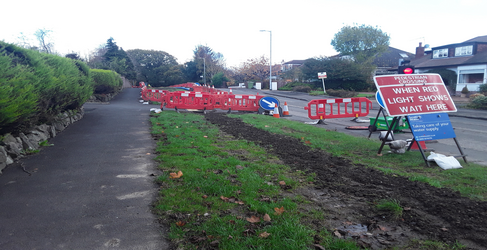Picketlaw Water Treatment Works

Project Overview
Scottish Water is investing over £26million to improve the resilience and quality of the supply for customers in Newton Mearns, Eaglesham and East Kilbride.
The project is to prepare for the decommissioning of the Picketlaw Water Treatment Works which is approaching the end of its operational life.
Customers water supplies will be switched from Picketlaw WTW to Drumoyhill and Daer, which will bring chloramination treated water into supply.
The work is being delivered by Caledonia Water Alliance.
At a Glance
- Improving resilience and quality of the water supply to tens of thousands of customers
- Installing 13.5 miles of new water mains
-
Majority of work will be carried out in fields and countryside
Investing in Eaglesham, East Kilbride and Newton Mearns

Decommissioned
Picketlaw Water Treatment Works is nearing the end of its operational life and is being decommissioned.
Latest Update - December 2024
To improve the resilience and quality of water to Newton Mearns, Eaglesham, and East Kilbride, customer's water supplies will be switched from Picketlaw Water Treatment Works (WTW) to Drumoyhill and Daer WTW.
On Thursday 19th December, water supplies in the Mearns Road North and Mearns Road South areas will be switched over. All affected customers will be updated accordingly. Greenbank, Williamwood, and Netherlee areas will be switched over in 2025. Notification will be provided to these customers when a date has been confirmed.

Supplies are being switched from Picketlaw

Roadworks in Mearns Road
What is chloramination?
Chloramination is a tried and tested method of treating drinking water. Currently used to supply over 1 million of our customers throughout Scotland, it is widely used in the water industry, throughout the UK and worldwide.
The process offers a reliable and effective form of water treatment by ensuring the disinfection of the water is consistent and stable throughout the pipe distribution process.
The chloramination process lasts longer in the pipe distribution network than using chlorine on its own, so there is no need to add further chlorine along the network of pipes meaning levels of chlorine in the water are reduced.







